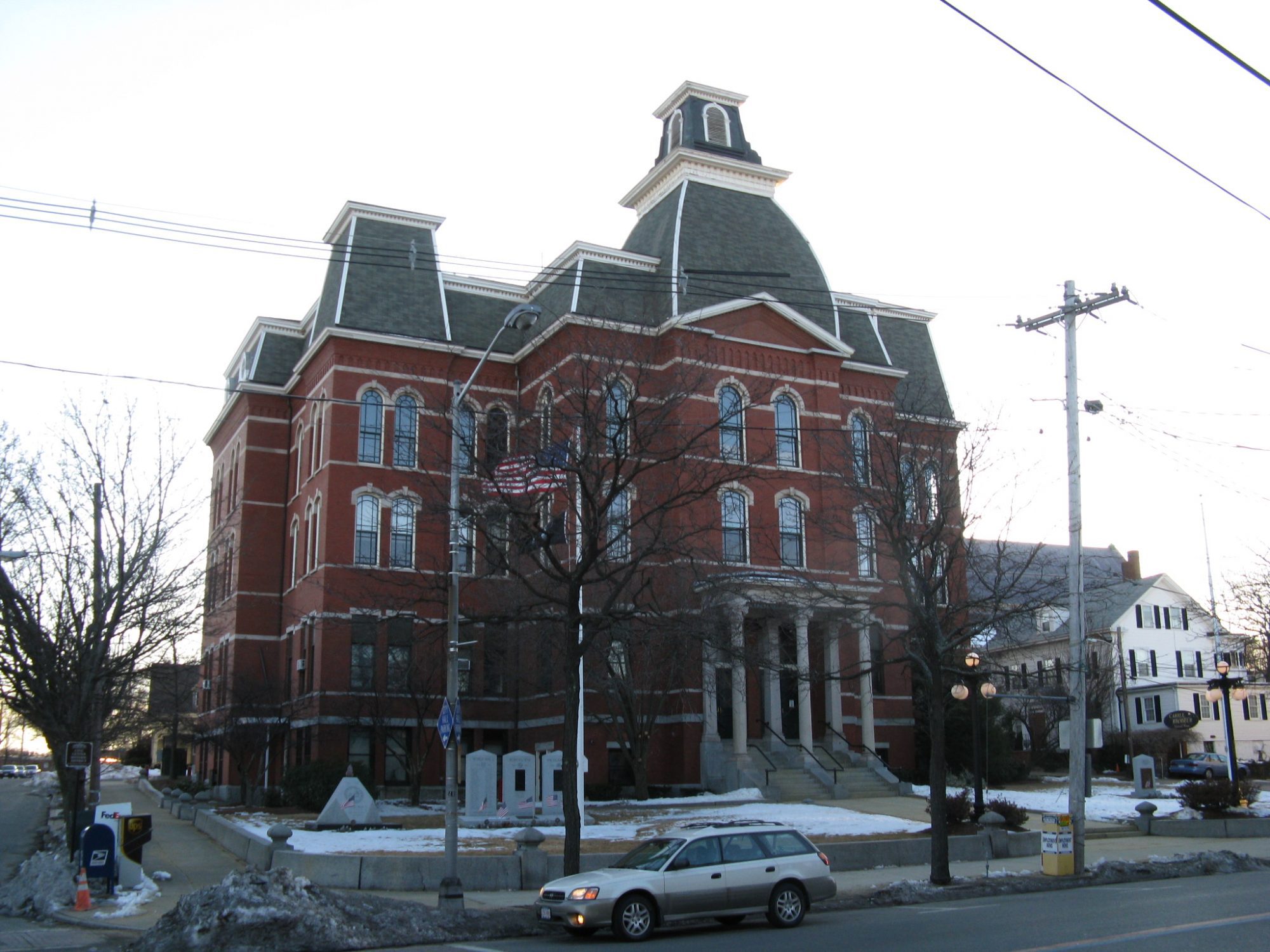PEABODY — City Council voted 9-1 to approve the city’s 2023 fiscal year school budget at a meeting in City Hall’s Wiggin Auditorium Tuesday night. This year, education funding will comprise 50 percent of the city’s budget.
When Superintendent of Schools Dr. Josh Vadala took his seat to present the city’s education budget, he introduced his presentation by saying that his priority in designing the budget revolved around stability and sustainability.
“The foretence to drive our decision making are stability and sustainability. We really want to make sure that we’re providing stability to our students and our staff, and we have a system that’s stable for years, so our decisions, we want to make sure they have a sustainable impact on our district,” Vadala said.
In the FY23 budget, Peabody schools will receive $83,281,902 total in funding, around 9 percent more than last year’s $76,604,358.
Vadala said that although the total education budget has increased for this year, the increase is not coming directly from taxpayer pockets, but from the state’s Chapter 70 funding.
Of the approximately $83 million funding this year, around $30 million comes from Chapter 70 state funding, $7 million more than Peabody schools received in the FY22 budget. Municipal funding increased by only $1 million.
“The biggest difference you’ll see in this budget is that the Chapter 70 funds, from the state, are up,” Vadala said. “We want to make sure that we’re reducing our reliance on state funds.”
He also stated the main reason for the increase in the school budget. “The biggest reason is that the pandemic hit Peabody pretty hard, and the number of students that needed free or reduced lunch went up by about 500 students,” Vadala said.
The budget will allocate a bulk of $2.7 million (54.6%) to teachers, counselors, and psychologists that interact with students directly. $1.3 million (27%) will go toward stops, lanes, and cost of living adjustments.
“As our students need more, we want to make sure that the majority of this money goes to the closest point between our students and our teachers, as well as our tutors, and our community’s paraprofessionals,” Vadala said.
Additional plans for education include key fob door access in the high school to allow police officers access in the event of an emergency, along with advanced curriculum training, increased school psychologists, and bilingual building access.
Anthony Cammalleri can be reached at [email protected].

